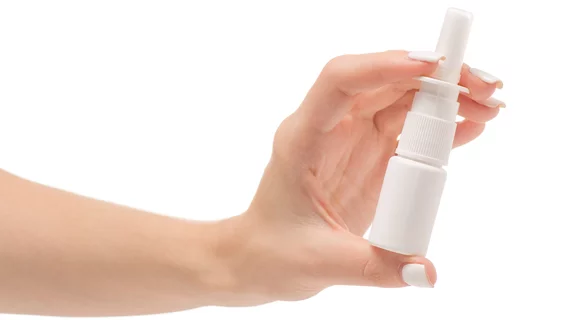FDA to push over-the-counter opioid overdose antidote
The FDA is fast-tracking efforts to produce an over-the-counter (OTC) version of naloxone, a life-saving drug which can reverse an opioid overdose. Current FDA-approved versions of naloxone require a prescription, creating a barrier of use for some.
Overdose deaths related to opioids reached nearly 48,000 in 2017, according to the FDA. Naloxone has been around for many years, as have efforts to increase the availability of the overdose antidote. Naloxone, when administered quickly, can counteract overdose effects, though patients still need immediate medical care.
The FDA proactively developed and tested a drug fact label (DFL) for OTC naloxone to meet requirements necessary for the antidote to be consumer-friendly and made available to patients. The agency announced two DFLs––one for a nasal spray and one for an auto-injector––that will help “jumpstart the development of OTC naloxone products,” FDA Commissioner Scott Gottlieb, MD, said in a statement.
“I personally urge companies to take notice of this pathway that the FDA has opened for them and come to the Agency with applications as soon as possible,” he said.
However, review of such products could hit a snag with the government shutdown, as the FDA has no appropriation for fiscal year 2019. The agency’s reviews are currently funded by limited carryover user fee balances until it is funded again, Gottlieb clarified.
“We’re taking many steps to improve availability of naloxone products and we’re committed to working with other federal, state and local officials; health care providers; patients; and communities across the country to combat the staggering human and economic toll created by opioid abuse and addiction,” he said.

